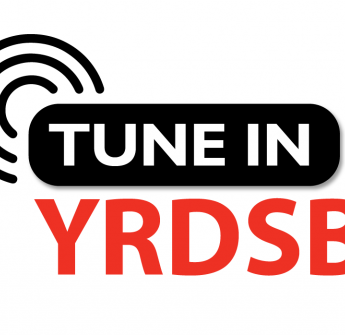Registration will take place from January 19 - February 5, 2024.
How do I register?
Registration is not first-come, first-served. Parents/guardians of Senior Kindergarten students entering Grade 1 in 2024 and wishing to enroll in the FI Program can email or call their home school office (where your child currently attends) and declare their intention to register in FI.
Late registrations are those submitted after February 5, 2024. Late registrations will be treated on a first-come, first-served basis and will be considered subsequent to registrations received during the registration period should overflow be necessary.
Families registering students who do not currently attend a YRDSB school will need to complete full registration paperwork at their designated FI school. Please contact the school to make an appointment.
Information required for registration includes:
-
Proof of child’s age (Birth Certificate/Passport)
-
Any legal documents related to custody arrangements if applicable
-
Proof of Residency of the student - two documents, one from each of the categories below showing the home address;
-
Category A - notice of tax assessment, current rental/lease agreement, agreement to purchase including proof of purchase provided before the pupil attends the school, or property tax bill, and
-
Category B - utility bill, bank statement or other official document.
-
Accommodation Plan
YRDSB’s FI Accommodation Plan provides long-term consistency and equity of access to all students in 91妻友 Region and will enable YRDSB to continue to offer the FI program to all who wish to enroll. The FI program will be offered in Dual Track or Single Track settings, in a variety of configurations. To meet community needs and optimize available space in our schools, a community's Grade 1-8 FI program may be provided over more than one school during the course of a student's FI education. This will allow flexibility in addressing community needs and the opportunity to use existing space in schools.
Please note: Some of the FI accommodation plans will require facility modifications or the development of new schools and will require short-term transition plans that might include overflow while we work toward the long-term vision. Overflow refers to situations in which the Board directs students to attend a school other than their community school or optional program for a specific period of time, as defined in Policy #108.
